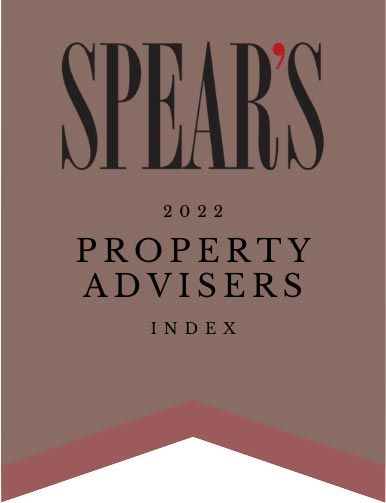DID YOU KNOW…we are on social media! Check out our series of useful videos by clicking on the thumbnails at the end of this blog.
The average age of a first time buyer in the UK now stands at 33 years old (even higher if buying in London) with the average deposit sitting at £61,000. It’s no surprise then that parents, grandparents, friends and family members who find themselves in a position to be able to help a loved one financially, want to pitch in with a contribution.
One option might be a joint mortgage. This blog will provide you with a guide to joint mortgages, discussing who can apply, important considerations, current market conditions, the differences between joint and single mortgages, and the associated risks and benefits.

Source: www.money.co.uk, 6 March 2023
Who can get a joint mortgage?
Joint mortgages are available to two or more people who want to buy a property together. For example, a parent and their adult child. As long as both parties meet the lender’s criteria, such as having stable incomes, good credit history, and being able to afford the mortgage payments, you can apply for a joint mortgage together.
What should you consider before entering into a joint mortgage?
Before committing to a joint mortgage with your loved one, consider the following factors:
- Long-term commitment: Mortgages can last for 25 years or more, so discuss the long-term implications together and ensure you’re both prepared for this commitment.
- Financial stability: Make sure both of you have stable incomes and can afford the mortgage payments.
- Legal agreement: Establish a legal agreement outlining each party’s rights and responsibilities to protect both parties’ interests.
- Exit strategy: Consider potential scenarios, such as one of you wanting to buy the other out, and have a plan in place to address these situations.
Is now a good time for a joint mortgage in current market conditions?
While market conditions vary depending on location and economic factors, joint mortgages can be a favourable option for parents, family members or friends looking to club together to buy a home. With property prices rising substantially over the past few years, a joint mortgage allows you both to pool resources, increasing your borrowing power and making homeownership more attainable.
What are the differences between a joint mortgage and a single mortgage where two or more people pay?
A joint mortgage is a legal agreement between both parties, making you both co-owners of the property. You both are responsible for the mortgage repayments, and your incomes are combined to determine the amount you can borrow. In contrast, a single mortgage is taken out by one individual, and although others may contribute to the payments, they are not legally responsible for the debt or recognised as co-owners.
What are the risks?
Some risks associated with joint mortgages include:
- Relationship strain: Financial disagreements or changes in personal circumstances can complicate the mortgage arrangement and potentially strain your relationship.
- Financial risk: If one of you fails to meet their financial obligations, the other party is responsible for covering the mortgage payments.
- Difficulty selling: If one party wants to sell the property but the other disagrees, it can be challenging to resolve the situation.
- Tax implications: There may be potential tax implications, such as Stamp Duty Land Tax and Inheritance Tax to consider, particularly if one party is already a homeowner. Speak to a professional mortgage broker, like Large Mortgage Loans, who will be able to help you mitigate any potential tax liabilities.
What are the benefits?
Some benefits of joint mortgages include:
- Increased borrowing power: Combining incomes allows you to afford a more expensive property, potentially in a better location or with more favourable features.
- Shared costs: Mortgage payments, maintenance costs, and other expenses are shared, making homeownership more affordable for you both.
- Joint ownership: Both of you have a stake in the property, providing security and investment opportunities.
Is there an alternative?
You could consider being a guarantor for your loved one. As a guarantor, you agree to take on the responsibility of repaying the mortgage if the borrower is unable to do so. Guarantor mortgages are designed to help borrowers who may not qualify for a traditional mortgage due to a lack of credit history, low income, or a small deposit. They can be beneficial for first-time homebuyers, young people, or those with a lower income, as they provide an opportunity to enter the property market by leveraging the financial support and creditworthiness of the guarantor.
As a guarantor, you will provide additional security for the lender, assuring them that the mortgage payments will be made even if the borrower defaults. This means the guarantor must have a good credit history, stable income, and sometimes even own property themselves and also be prepared to repay the loan if the borrower, your loved one, defaults on their mortgage payments.
Conclusion:
Joint mortgages can be an attractive option for parents, family members or friends looking to help their loved ones onto the housing ladder. By pooling resources, you can increase borrowing power and share the costs of homeownership. However, it’s essential to carefully consider the risks and ensure both of you are on the same page before entering into a joint mortgage agreement.
If you’re considering helping a loved one onto the property ladder, come and speak to us at Large Mortgage Loans and we’ll take you through each step of the process.




















